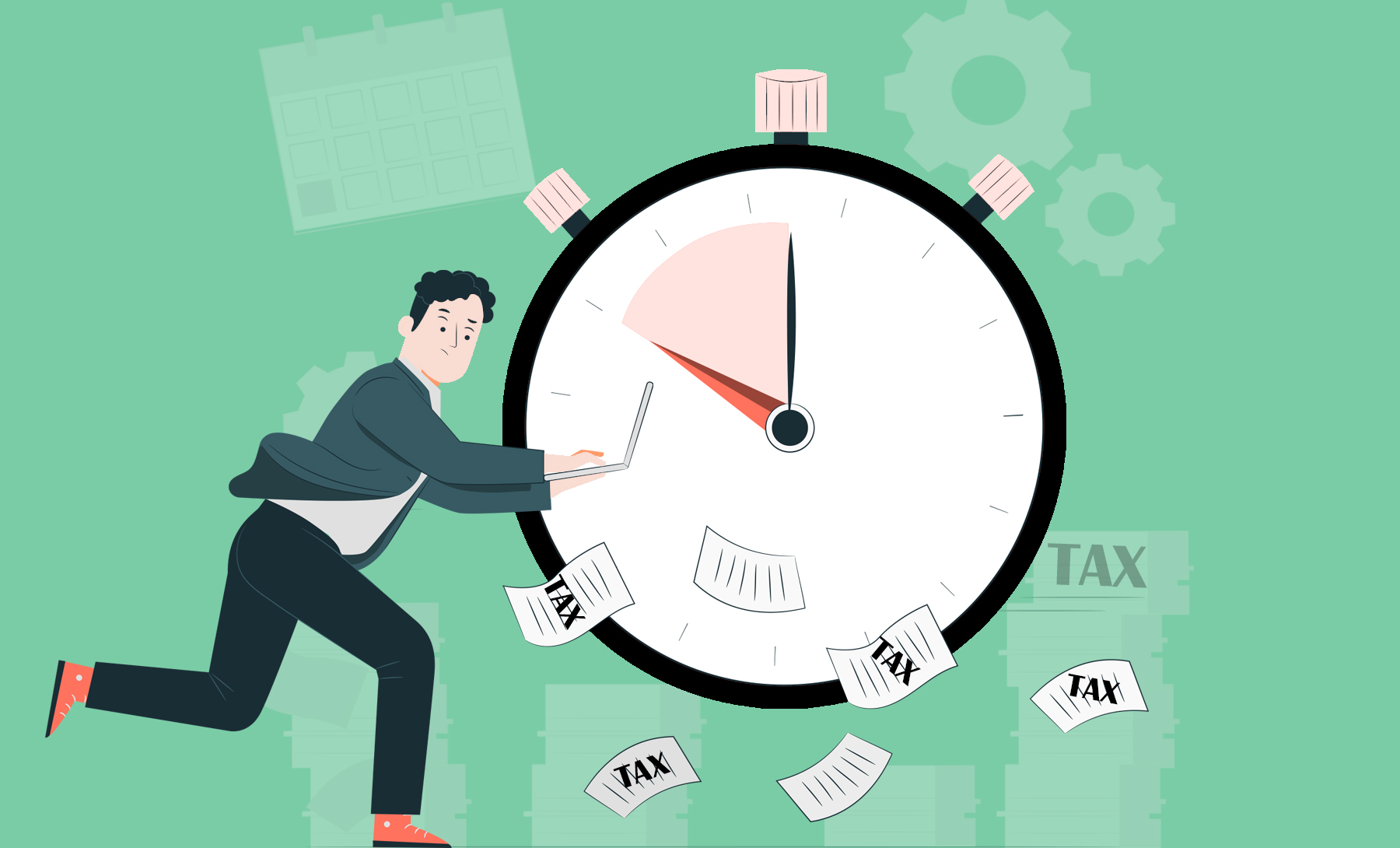5 Tax Checklist Items
5 Tax Checklist Items
5 Tax Checklist Items will help you gather your essential documents for the best start to filing your taxes. From there, your tax advisor can tell you what else you’ll need.
1. Personal information
When you’re preparing your tax returns, you’ll need to give your legal name, your spouse’s name, and your dependent’s names (if you have any). You’ll also need to provide your and everyone listed on your return’s birthdates and Social Security numbers.
It’s a good idea to check your Social Security cards if you don’t know your Social Security numbers by heart. If the information you provide doesn’t match what the government has on file, the IRS will reject your electronically filed return, and if you file a paper return, there may be processing delays.
In case you have an Identity Protection PIN (IP PIN) from the IRS, you’ll need to provide it to your tax preparer to e-file your taxes. The IRS typically assigns IP PINs to victims of tax-related identity theft to prevent someone else from using their Social Security number to file a tax return.
2. Prior-year information
If you’re doing your taxes yourself or hiring someone to help, it’s a good idea to have a copy of last year’s return. This will make sure you include things like depreciation, capital losses, net operating losses, or overpayments from the previous year.
Even if you think you don’t need it, it’s best to give your tax preparer a copy of your last year’s return. This will help avoid errors and make sure you get all the deductions you’re eligible for.
.3. Income
When you file your tax returns, it’s important to disclose all the income you earned, not just what you remember. Your employer or financial institutions will usually send you forms like W-2s or 1099s that show how much you earned during the tax year. However, even if you didn’t receive any of these forms, you still need to report all your income on your tax return.
So, take a moment to think about all the income sources you had in the past year and gather any necessary documents to support it. That way, you’ll make sure you don’t miss anything when filing your taxes.
Here are some common income documents you may have:
-
Form W-2:
If you work for someone as an employee, you should receive Form W-2 by January 31st of each year. Your W-2 reports your income and any taxes withheld from your salary or wages. -
Form 1099-NEC:
If you worked as an independent contractor or freelancer, the company you worked for should issue a Form 1099-NEC if they paid you more than $600 during the year. -
Form 1099-INT
: Your bank or investment firm will report any interest you earn from your bank or investment accounts on a 1099-INT. You may also expect to receive this form from a mortgage broker if your property counts as an investment.
-
Form 1099-DIV
: You should receive a 1099-DIV from your brokerage if you earned any dividends from your investments—even if they were reinvested back into your account.
-
Form 1099-B:
If you sold stocks, bonds, or other investments during the year, your broker should send you Form 1099-B. This form provides the information you need to report capital gains and losses on your tax return. -
Form W-2G:
If you have any gambling winnings, such as from the lottery or a casino, the payor will report the earnings on Form W-2G. -
Form 1099-R:
If you received any distributions from a pension, retirement fund, IRA, or annuity, they should appear on Form 1099-R. -
Schedule K-1:
If you’re involved in a partnership, LLC, or S Corporation, you should receive a Schedule K-1 reporting your share of the company’s income, losses, and deductions. You’ll use this schedule to report income from the business on your return.
4. Tax deductions and tax credits
You can lower the amount of tax you owe by using tax deductions and credits. There might be more tax deductions available to you or some that you don’t qualify for. But, this list can help you get started on collecting your tax documents.
-
Medical bills
If your medical costs exceed 7.5% of your adjusted gross income, you may be able to deduct them as itemized deductions. Make sure you have detailed statements for every payment made for medical, dental, and vision services and any health insurance premiums you paid.
-
Mortgage interest
If you own a home, you may be able to deduct any mortgage interest you paid on your home loan. Your lender should send you Form 1098 showing the amount you paid during the year.
-
Property taxes
If you own property, you may be able to deduct any real estate or property taxes you paid during the year. If you paid the property taxes via your mortgage lender, the property taxes should be on the Form 1098 your lender sends in January. Otherwise, you may need copies of your tax bills or a record of payments from your local assessor’s office.
-
Charitable contributions
Donations to qualified charitable organizations may be deductible. Keep all receipts for your charitable gifts to give to your tax pro.
-
Business expenses
If you run a business, keep a record of all costs, as these can lower your taxable income and self-employment tax.
-
Educational expenses
If you paid higher education tuition for yourself, your spouse, or dependents, you might qualify for a tax credit. You should receive Form 1098-T from the school.
-
State and local taxes:
Any state or local taxes you pay, including income, sales, and property taxes, may be deductible. State and local taxes withheld from your wages are shown on your W-2. However, you should include proof of payment for any estimated taxes you paid during the year.
-
Dependent care credit:
If you paid for childcare for your dependents while you work, you may qualify for the Child and Dependent Care Credit to help offset those costs. You’ll need the provider’s name, address, tax ID number, and records of the amount you paid.
-
Retirement account contributions
If you contributed funds to an IRA or SEP IRA, you may be able to deduct your contributions and claim the Saver’s Credit. Provide proof of the deductions and the type of account you contributed to, and your tax professional will determine what tax breaks you can claim.
5. Tax payments
In the US, you pay taxes as you earn money through a pay-as-you-go income tax system. This means you pay taxes gradually, instead of paying all at once when you file your tax return.
When you work for an employer, they take out taxes for you. But if you work for yourself or have other income sources, you might need to make estimated payments every quarter to pay your taxes.
It’s important to keep track of your income and make sure you’re paying enough in taxes throughout the year to avoid any penalties or fees when it’s time to file your tax return.
Schedule a free consultation to see how ISCPA can make your taxes easier and cheaper.
Having a tax checklist can help you stay organized and make sure you don’t miss any important deductions or credits. By being prepared and having all the necessary documents, you can make tax season less stressful and ensure that you’re getting the most out of your tax return. So, take some time to create a tax checklist and start checking off those items!










